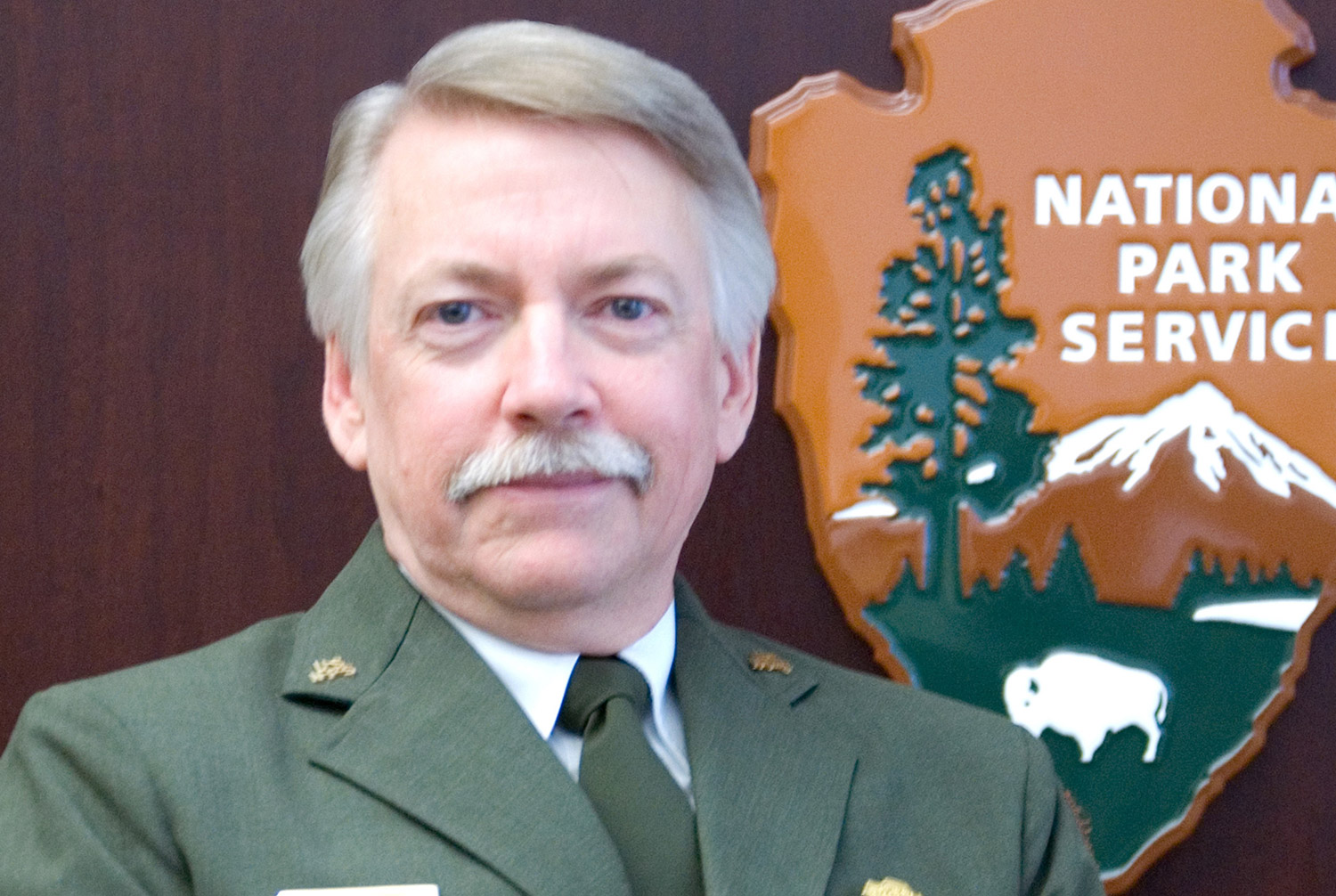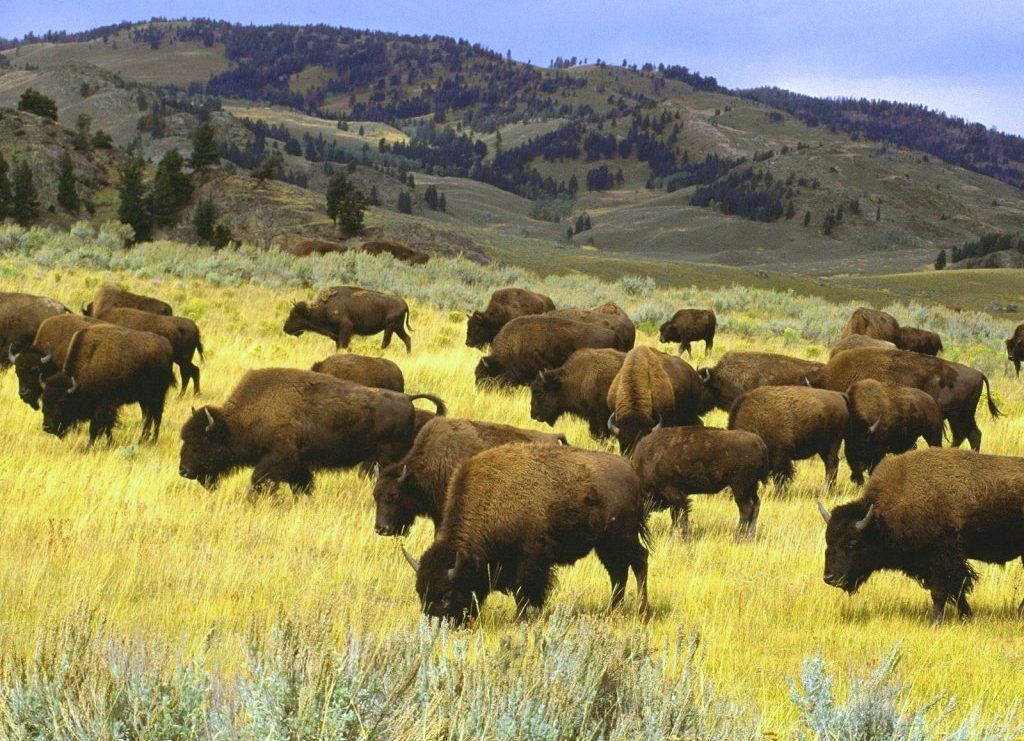Jon Jarvis, who will retire from the park service in January after a 40-year career, was called before Congress in June after a report confirming sexual harassment and a hostile work environment at Grand Canyon National Park in Arizona and Canaveral National Seashore in Florida. Some lawmakers on a House committee called for his resignation.
Parks boss: More sex harassment cases likely
BOISE — The National Park Service must attract younger and more racially diverse visitors to the areas it manages, and it will probably uncover more cases of sexual harassment in its workforce of 22,000 employees following a scandal involving demands for sex by male workers from their female colleagues, the service’s outgoing director said Thursday.
Jon Jarvis, who will retire from the park service in January after a 40-year career, was called before Congress in June after a report confirming sexual harassment and a hostile work environment at Grand Canyon National Park in Arizona and Canaveral National Seashore in Florida. Some lawmakers on a House committee called for his resignation.
Jarvis, 63, said he is not retiring in response to those demands but that his term as director automatically ends after a new president takes office in January.

He called the sexual harassment horrible and unacceptable. Jarvis said he was unaware it had been going on, but he expected more cases to emerge now that the park service is actively investigating.
Jarvis, whose final year running the park service coincides with its 100th anniversary and celebrations that Jarvis said have enticed more visitors, also said he’s worried that most visitors to the nation’s parks are like him — older, white and “not representative of the demographics of the United States.”
“We’re an institution that only exists at the will of the people,” Jarvis said before giving a speech for the Andrus Center for Public Policy to about 250 at Boise State University. “If we’re not relevant to the next generation or the generation after that, we will have failed our mission.”
Since being confirmed by the Senate in 2009, Jarvis has pushed for a park system more representative of the diversity of the U.S. population as well as efforts to attract younger visitors. That’s led in recent years to national monument designations by President Obama for places honoring blacks, Latinos and women.
Those designations include in 2012 the Cesar E. Chavez National Monument in California, recognizing farm worker rights. In 2013 came the Harriet Tubman Underground Railroad National Monument in Maryland recognizing efforts by an escaped slave to help others to freedom.
In 2016 came the Belmont-Paul Women’s Equality National Monument in Washington, a significant site for women seeking the right to vote. The Stonewall National Monument in New York was also created earlier this year. It’s the first national monument to gay rights.
Jarvis said whoever succeeds him must keep up the momentum to attract a more diverse parks visitor base because “making sure that we’re telling the full and complete American story is going to be a big part of our second century.”
Conservation national monuments have also been created, including almost half a million acres for the Organ Mountains-Desert Peaks National Monument in New Mexico in 2014.
Besides the demographics of park visitors, another challenge Jarvis sees is climate change. That could include what to do about new species that move into conservation areas as a kind of last refuge, possibly displacing existing species.
“These are tough policy and tough scientific questions,” he said.
He said he expects the park service to coordinate with other land management agencies, such as the Bureau of Land Management and Forest Service, to try to connect large landscapes as climate change influences species migration.
He said the agency’s budget has been problem for years, and there’s currently a $12 billion backlog of maintenance. He said that can mean outdated facilities for visitors and shabby housing for employees. But Congress controls the agency’s budget.
Jarvis’ biggest challenge came this year, when a report by the Interior Department’s inspector general found male employees at the Grand Canyon preyed on female colleagues, demanded sex and retaliated against women who refused.
Reports of sexual harassment, bullying and other misconduct among employees have also come to light at Yellowstone National Park and Yosemite National Park.
Jarvis, one of the longest-serving directors the agency has had, said in the interview that the agency has been male-dominated and has sought advice from the Department of Defense on how to deal with sexual harassment in the workplace.
*Free Range Report*


